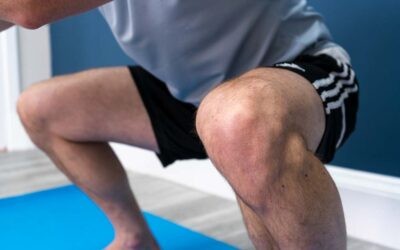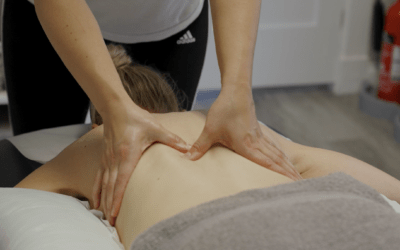Is back pain keeping you awake?
Good news!! If you have back pain you can sleep it off. Well…… not quite, but the impact of sleep or the lack of it has a profound effect on preventing back pain, dealing with back pain and recovery from back pain.
Anyone who suffers from back pain knows how hard it is to get a long, restful night’s sleep. The pain tends to increase in intensity through the night. Most of us toss and turn and when morning arrives, we feel more exhausted than when we went to bed, and spend the next day feeling drained and irritable.
The chronic back pain cycle is relentless, it takes more of a toll on our emotional state than most of us appreciate, and sleeplessness plays a pivotal role in that downward spiral. Sleep deprivation is shockingly detrimental to our risk of injury and illness and prevents the body from being able to initiate an effective healing process.
Sleeping for just one extra hour can improve your recovery, your energy levels and reduce your risk of injury and illness.
Here are some tips on how you might improve your sleep patterns which will improve your chance of an effective recovery and reduce the likelihood of further injury.
ADOPT THE RIGHT SLEEPING POSITION
Alignment is key. Regardless of the position you choose to sleep in, keeping good alignment of your spine is vital. That means ensuring your ear, shoulder and hips are in a straight line with each other.
If lying on their back is the most comfortable position, place a pillow under your knees and keep your spine neutral.
If you don’t find that comfortable then try sleeping on your side and use a pillow between your knees to adjust your body position and improve the alignment of your spine.
If you have a herniated disc then the fetal position is likely to be the most comfortable position to sleep in. Curling your torso into a fetal position opens the space between the vertebrae which may relieve pressure or squashing of the disc.
PICK THE RIGHT PILLOW
Your pillow should cradle your head and neck and help to support the upper portion of your spine. If you sleep on your back your pillow should completely fill the space between your neck and the mattress, from the base of your skull to the top of your shoulders. If your pillow tilts your head down (eg. double chin) then it is too high or thick, and if your head tilts backwards then your pillow is too flat or thin.
YOUR MATTRESS MATTERS
Ideally a mattress shouldn’t be more than 10 years old. If you are unable to purchase a new mattress, you can try to firm up an existing mattress by placing an inexpensive plywood board under it. Or you could soften a hard mattress by using a memory foam topper.
If you’re choosing a new one, try a medium or medium to firm mattress where possible.
STAGE YOUR SLEEP SCHEDULE
Set the stage for a good night’s rest by following these tips:
Regular sleep schedule
Go to sleep and wake up at the same time every day, even on the weekends.
Create an ideal sleep environment
Being comfortable will help your body give in to sleep. Make sure your bedroom is cool, dark, and quiet.
Power down your devices
Computer and phone screens emit blue light that can disrupt your body’s natural circadian rhythm and disrupt sleep. Limit your exposure to these devices in the last 2 hours before bed.
Mind your lifestyle habits
Taking care of yourself during your waking hours will help your sleep. Caffeine, alcohol and vigorous exercise too close to bedtime can disrupt your sleep.
Pain relief before bed
Before getting into bed do some gentle stretches prescribed by your therapist The use of an ice pack or a heating pad may help reduce pain prior to bedtime. Relaxation techniques including deep breathing and body contract- relax techniques may help settle you before bed.


0 Comments